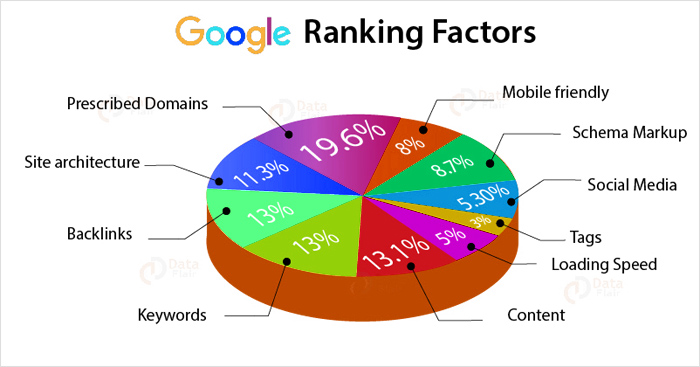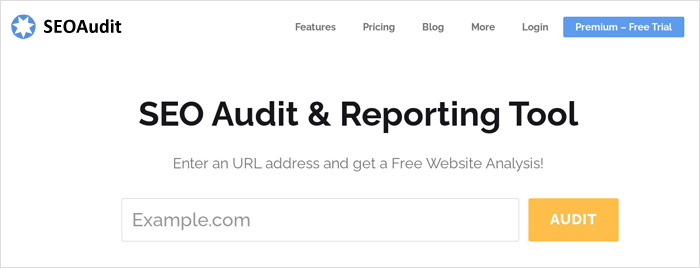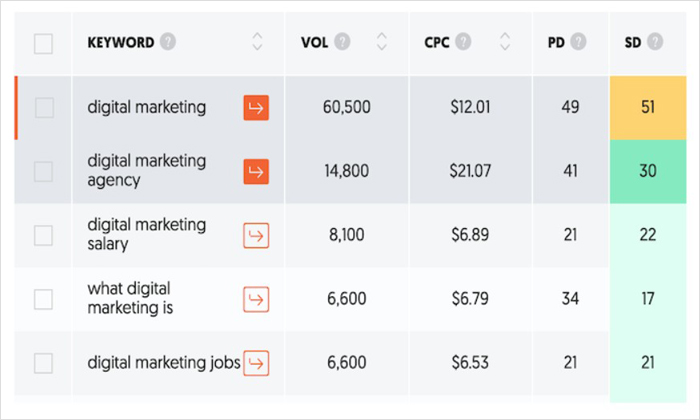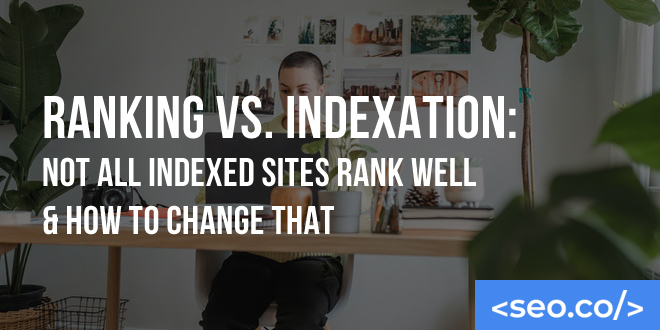The internet is massive, and it can be hard to know where to begin when you are trying to rank in Google. There’s so much information out there that it can feel like you’ll never find the right way for your website.
The truth is, though, that there are a lot of ranking factors that come into play on Google and Bing that will help your site rank better than its competitors.
One key factor is indexation. While all indexed sites have the potential to rank well in search engines, not all indexed websites actually end up ranking at the top of their industry.
In this article, we’ll explore what indexation means for SEO as well as how you can change things if your website isn’t doing as well as your competitors.
Table of Contents
What is SEO Ranking?

SEO ranking is the process of improving a site’s search engine ranking by influencing its position in Google and other major search engines. SEO rankings are influenced by multiple factors, including:
- Keyword Optimization – The optimization of keywords to ensure that they appear where users will be looking for them.
- Authority – Ensuring that your website has high authority through quality content, links from authoritative sites, etc.
- Domain Rating – A measure of how valuable a domain name is based on many factors such as age and number of domains registered under it (i.e., .com).
What is Indexation?
Indexation is the process of a search engine adding your site to its database so that it can be found and indexed by users.
Google, for example, indexes around 40 trillion pages from all over the world. You want yours to show up in relevant searches. Indexing is one factor that helps rank a website higher than other sites with similar content or keywords but lower indexation.
Indexing happens when a search engine sends robots or spiders to crawl your website, read, and comprehend what it’s all about. Then it arranges your website like a book in a library.
Just because a website is indexed on Google doesn’t mean it’ll automatically rank well. This is where SEO comes into play. You’ll have to put in the work to make sure your website outranks your competitors.
How to Rank Your Website Better
If your website has been already indexed by Google, it’s time to improve its ranking in the search engine results pages (SERPs). Here are some tips to follow to make sure this process goes smoothly.
Perform a Website Audit:

If you’ve recently had a change to your website, it’s important that you audit the site for any errors or indexation problems.
An SEO audit is an analysis of how well your current content and structure will enable search engine crawlers (i.e., robots) to understand what your site is about from a technical standpoint. This includes identifying pages with duplicate titles, unnecessary tags causing confusion, poor URL structures, etc.
Perform Technical SEO:
Once you have audited your site for indexation errors, it’s time to perform technical SEO. This is what helps search engine crawlers better understand the content of your page and how good it is in relation to other sites in its industry or vertical.
You can improve this by adding more keywords throughout your pages (including the title), ensuring that titles are descriptive and engaging, making sure meta descriptions meet Google’s guidelines, etc.
Create Optimized Content:
The next step to improving your ranking is creating optimized content. This means giving Google a good reason why it should rank your site in its SERPs by adding high-quality, engaging content on the page that will attract visitors and then convert them into leads.
Content can be created for any number of reasons including teaching new skills or educating potential customers about something they’re interested in, answering questions via an FAQ post, etc.
You want to make sure you are regularly updating this content with more when necessary as well so that you don’t get penalized for having outdated posts.
Perform Keyword Research:

Before you begin creating content, it’s important to do some keyword research. This will help you determine which words or phrases are most relevant and popular in your industry so that you don’t waste time on irrelevant keywords that won’t get results.
Keyword research tools can be used for this purpose (though they have their limitations). They allow access to high-volume search terms related to any topic by looking at the number of times those keywords were searched over a period of 12 months.
Build More Backlinks:
Another important aspect of improving your website’s SEO is building more backlinks. This can be done by publishing guest blogs, placing links in social media posts and updates, participating in other websites’ comment sections, etc.
If you have an active social presence or blog that people read often with a lot of readership/followers (i.e., Twitter), it’ll also help attract new potential customers as followers or visitors if they see the link posted there.
Make Your Website Faster:
Google is always looking for ways to rank websites higher in their SERPs. One way they are doing this is by penalizing sites that are slow. Make sure your website loads quickly and doesn’t cause problems like framing, scrolling, or flickering while browsing so that visitors will keep coming back.
Make Your Website Mobile-Friendly:

Mobile devices are the way of the future and it’s important to ensure your website is mobile-friendly. This includes optimizing its content for viewing on a smaller screen, providing links that can be tapped easily with fingers (never allowing them to require scrolling), etc.
Hire an SEO Agency:
If you don’t have the time or knowledge to do these things yourself, it’s perfectly okay to hire an SEO agency. This will help grow your site and give you a competitive edge in the SERPs by having experts who know what they are doing.
Contact Us Today!
Ranking a website after it’s been indexed will require the expertise of a reputable SEO agency. Do you want to learn more about how we can help? Contact us today to speak to a member of our team.
- How to Tell if an SEO Agency Is Trustworthy [in 5 Steps] - April 7, 2025
- Why Isn’t My Website Ranking on Google? [9 Reasons + Fixes] - April 2, 2025
- Why Your Google Rankings Dropped & How to Fix It - March 29, 2025



